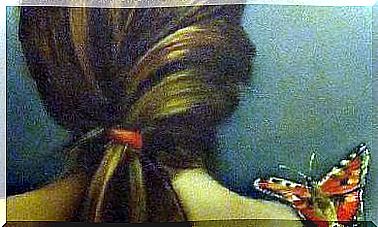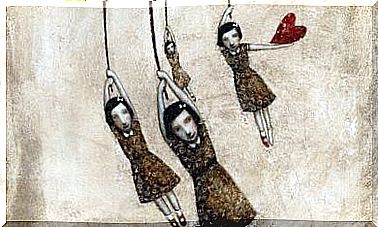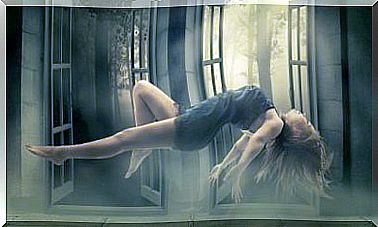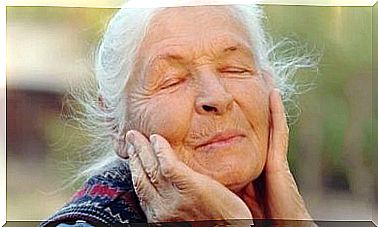If You Want To Help Me Don’t Disturb Me
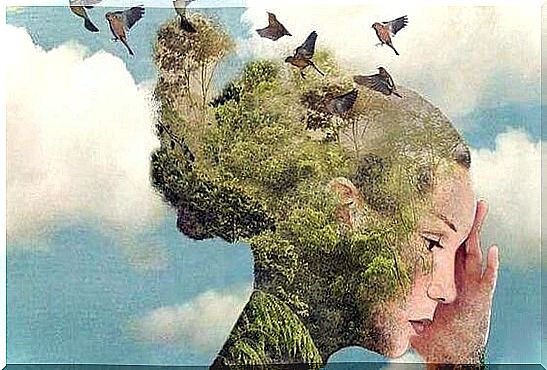
If you really want to help me, don’t say anything. You can just give me some space and leave me alone. Don’t say to me ‘I told you so’, ‘You always make the same mistake’, ‘You have no choice’… Don’t make it worse than it is.
Understand that sometimes it’s best not to help. Show me your empathy, your understanding, but stand on the sidelines today.
Theodore Roosevelt said that between doing the right thing and doing the wrong thing, there is something even worse: doing nothing. It is clearly a political mentality, always afraid of immobility. Afraid of the voter who doesn’t take sides or an ally who doesn’t move forward.
President Roosevelt was wrong, however. Doing nothing is really a valid third option and sometimes it’s the best.
The biggest problem with all of this now is that we generally assume that a lack of action or inaction is a sign that others don’t care about us. So how can we understand that sometimes it’s better to opt for immobility, not to help and take a step back instead?
Many psychologists say that during the most complex moments, our mind urges us to give the simplest answers. We focus on mental shortcuts, heuristics and this can be very successful.
So, when we see a friend of ours being fired or a sibling feeling depressed, we hear an inner voice that says, “Leave him alone, give him space to think and accept the situation.”
Sometimes it has a negative effect on the learning process if we take away from others that time when they can be alone with their struggles.

Some people just don’t need to be saved
There is an Eastern folktale that tells of a man who found the cocoon of a silkworm in the park.
Concerned about the little creature and afraid that someone would step on it or an animal would take it away, he decided to take care of it. He put it in a box to take care of it patiently and attentively.
When he took it home, something caught his attention. There was already a hole in the cocoon. The butterfly struggled to get out.
Interested in his idea of helping, he grabbed a pair of scissors and cut a piece of the cocoon to speed up the process. His intention was good, there’s no doubt about it, but good intentions don’t always yield good results.
Because what the man did not know is that nature has its own rhythm, its own time and elusive truths. There are processes where all help is just harmful.
The butterfly emerged and our protagonist waited for it to fly. However, the insect was out of the cocoon too early. The man could only watch the insect crawl in circles until it stopped moving. Dead.

Some people do not need to be rescued because they are not in danger. Their suffering is something they must experience in order to flourish. There, in the privacy of the cocoon, in the softness of one’s own sorrow, in the sticky corners of doubt and disappointment.
There are journeys that people have to make unaided and in solitude, without being saved by people with good intentions.
When should we give space and when should we help?
Maria Montessori said that unnecessary aid hinders development. This idea is related to Lev Vygotsky ‘s concept of ‘ Zone of Proximal Development’ .
It is a concept that goes well beyond the context of education, and applies to many of our everyday environments and relationships.
The ‘ Zone of Proximal Development’ tells us that in order to improve a person’s abilities, we must give them the necessary help to develop their own potential.
This means, for example, that we do not take on responsibilities that do not belong to us. It means identifying when our help stimulates the learning process and to what extent.
We are certainly aware that it is not always easy to know where the boundaries are. Where ‘doing nothing’ is permissible and recommended. It is difficult when a sense of responsibility arises, even if the person who is struggling with problems is not very close to us.
Although the brain does not make judgments from a physiological point of view, conscience does.
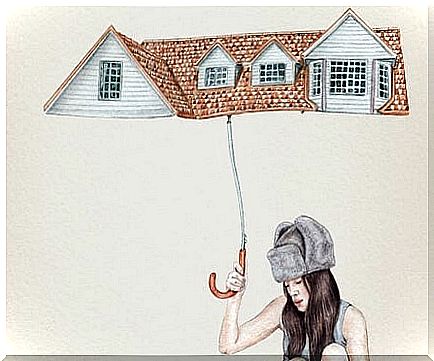
So one thing we need to be clear about is that it’s not always good to provide constant and unlimited help. The result can be disastrous: the people we help can become passive and selfish, as well as heavily dependent on us.
The key is to notice when there is a real vulnerability. Also, be very clear about what the person really needs.
Sometimes the best help you can give is to lend a listening ear or just “be there” without saying anything. To give the other person proof that we are there for him when he wants to, that we can be that shoulder to cry on when he needs it, that person who knows how to respect space and solitude when needed .
We can essentially be that ray of light that limits and fleetingly illuminates someone’s path at any given time. Allow others to spread their wings and stop moving in circles.
But we can also do nothing, sometimes that is an option that is equally useful.
